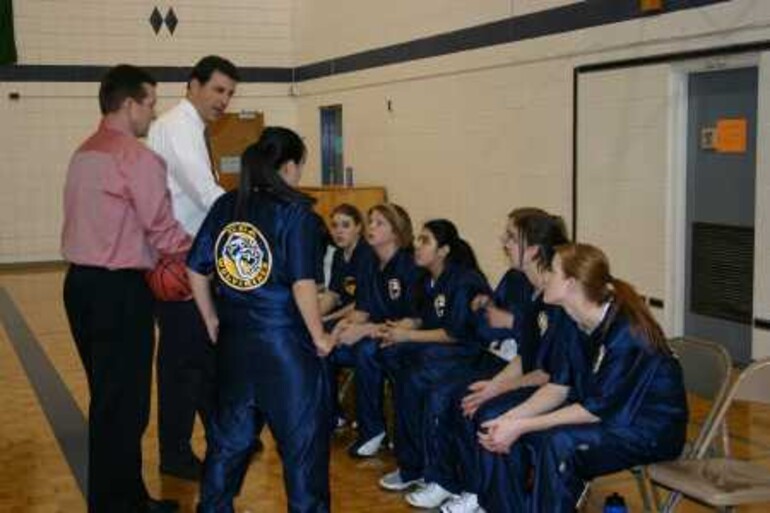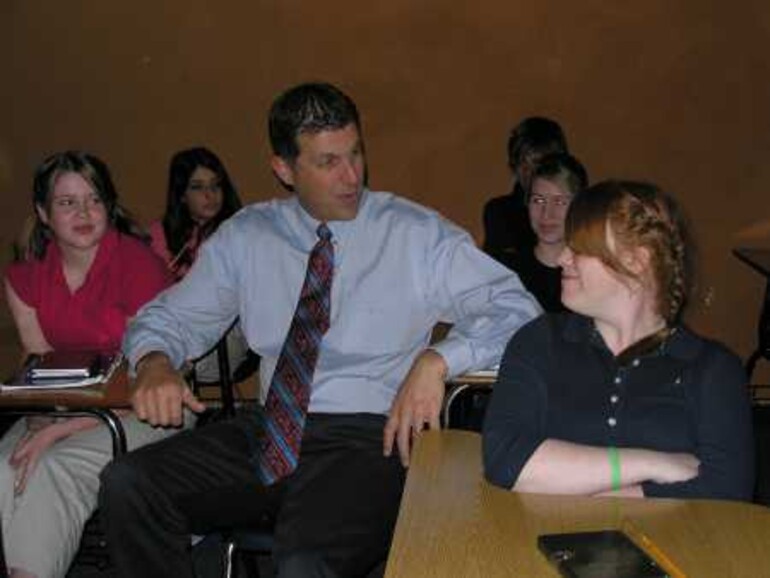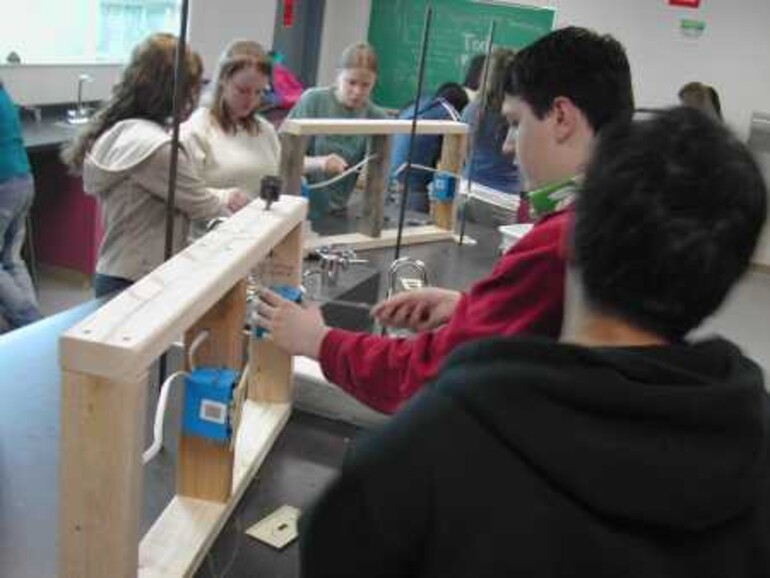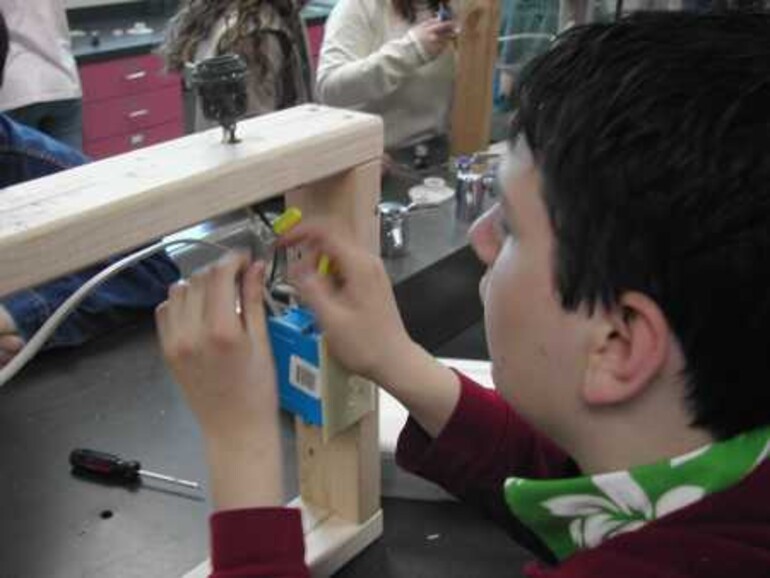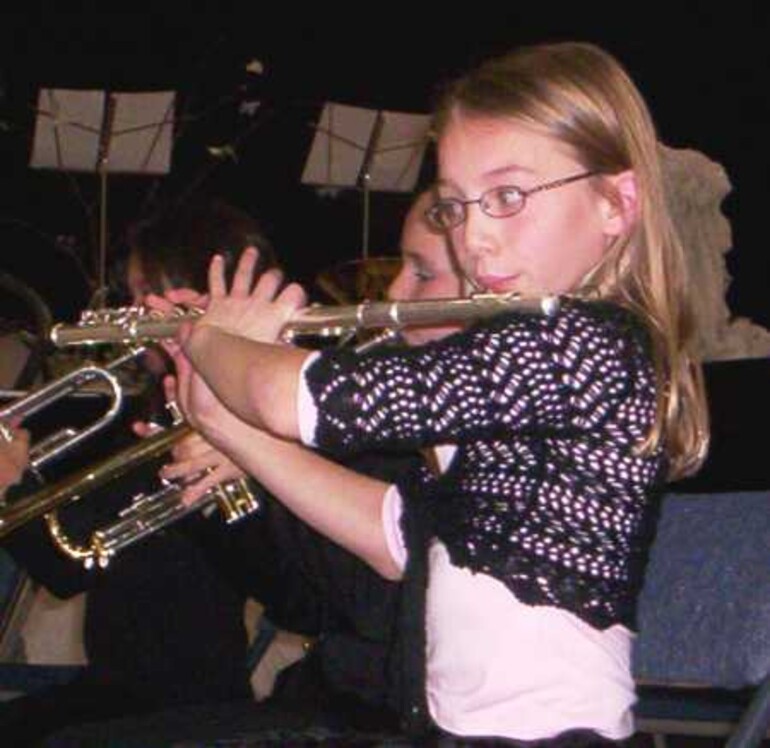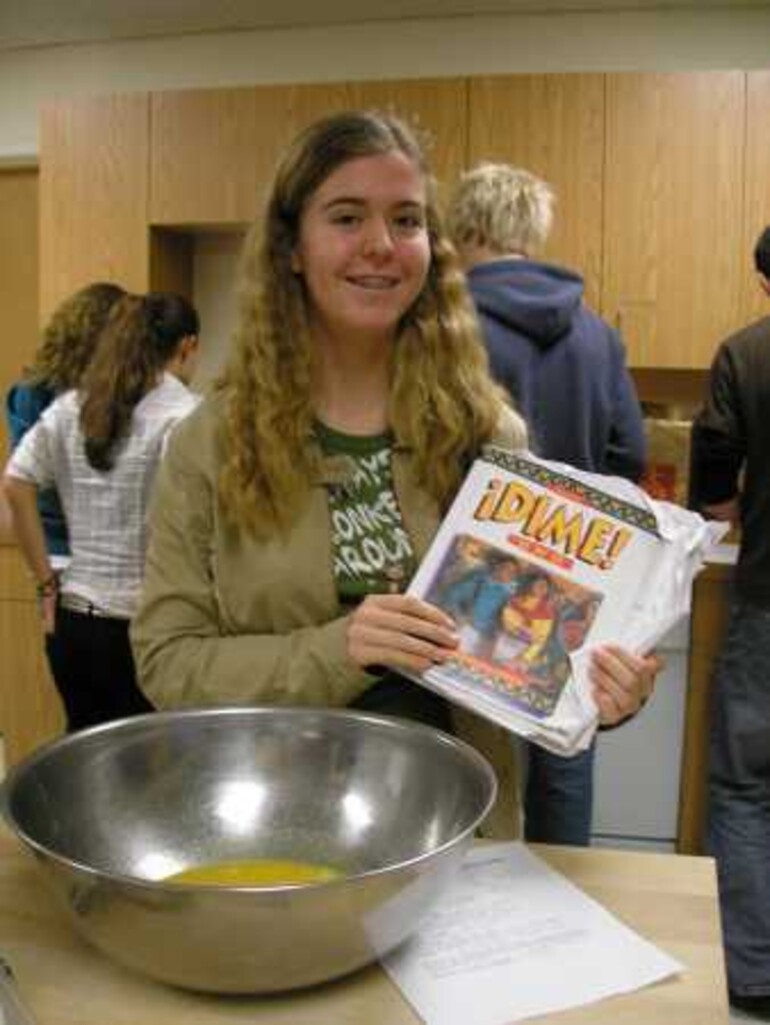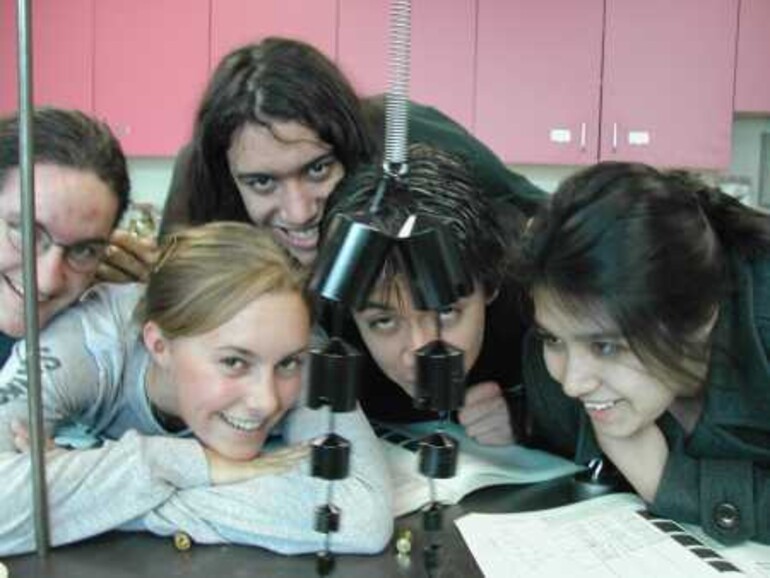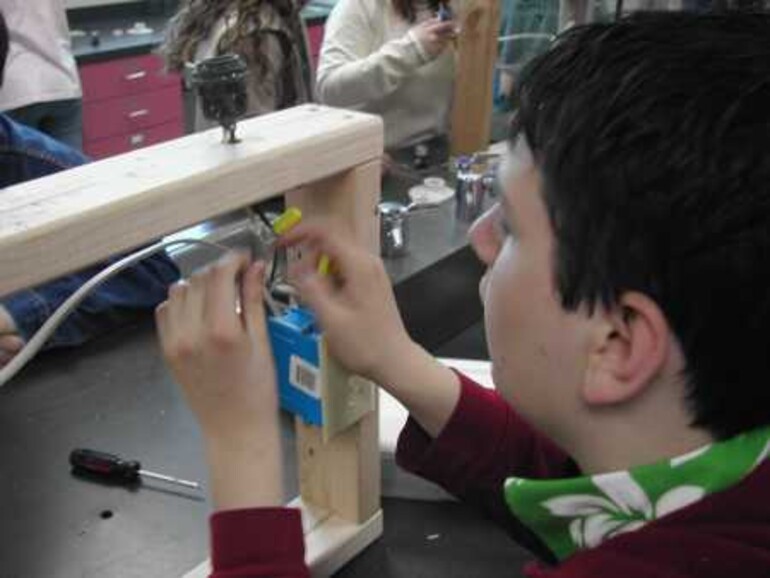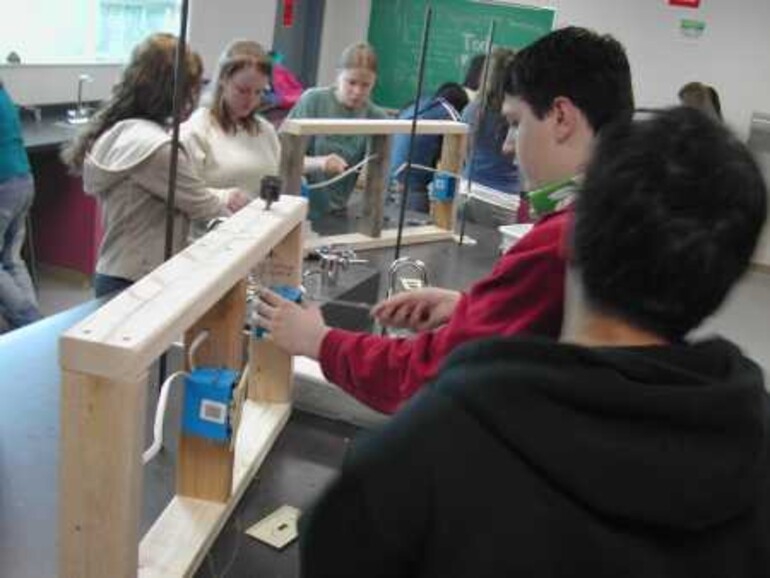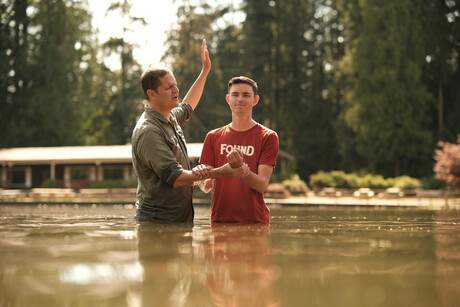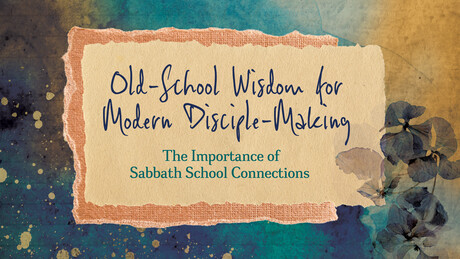The teachers in my Seventh-day Adventist school were lifesavers for me at a critical time. When I was 15, my mom had just married a man out of prison who made my home life quite unpleasant. At the same time, my neighborhood friends and I were getting into some habits that, if cultivated, would have led me down paths I would come to regret.
Enter three people into my life: Gene Roemer was my eighth-grade PE teacher, Ron Busby, my eighth-grade math and science teacher, and Pam Tait, my eighth-grade English teacher. Each of them saw that things were not going well in my life, and each of them took me under their wing in different but meaningful ways.
Mr. Roemer was just beginning his teaching career and was a young, good-looking, popular teacher. Every kid wanted to be just like him. He would take me in his car running errands around town. While we were in the car, he would listen as I’d tell him stuff that was going on in my life. He didn’t offer up any life-shaking advice. He just listened. The big difference he made in my life was that he made me feel like he liked me. That’s what I needed, to know that somebody I looked up to liked me.
Mr. Busby, my math teacher, was the same kind of person. He had an old military jeep that he’d ride around in. He’d take me along and give me little bits of advice here and there. He’d just let me hang out. He liked me. I needed that.
And then there was my English teacher, Mrs. Tait. When she noticed things weren’t going well at home for me she sat me down and told me that she and her husband had a room in their house that was mine to use anytime. Sometimes I needed and used it. She and her husband became two of my dearest friends. He stood up for me at my wedding, and she served as an elder in the first church I pastored.
All three were extended family to me. And all three were my teachers—teachers in my Seventh-day Adventist school.
One of the most important functions of the church in a child’s life is to provide extended family members that they can trust and confide in.
I believe our church does well in providing this essential ingredient in a child’s life. As I write this article, my wife and I will soon travel to Monroe, Washington. There is going to be a big reunion at Sky Valley Seventh-day Adventist School. My wife, Wendy, taught fourth and fifth grades there, and the students all want her to come back and visit. Most of them are married now and have children, but they want her there.
She’s an extended family member, and the reunion wouldn’t be the same without her.
The Bible tells us in Deuteronomy 11:18-21: “Fix these words of mine in your hearts and minds; tie them as symbols on your hands and bind them on your foreheads. Teach them to your children, talking about them when you sit at home and when you walk along the road, when you lie down and when you get up. Write them on the doorframes of your houses and on your gates, so that your days and the days of your children may be many in the land that the Lord swore to give your forefathers, as many as the days that the heavens are above the earth” (NIV).
Are there any duties more sacred that we have as a church than this: to pass our heritage, our knowledge of right and wrong, and most important the knowledge of our Savior on to our children? I don’t think so. That’s why Wendy and I give faithfully to the worthy student fund at our local Adventist school every month. We consider it our sacred duty to do what we can as church members to help pass down to our children what this church holds so dear.
There are quite a few families that feel they just can’t afford to send their children to church school, so they are sending them to public school. I hate hearing that, because I know that many of these children need to have Gene Roemers and Ron Busbys and Pam Taits in their lives.
Let me close with a few suggestions that could help parents make the most of the one chance they have to raise their children.
1. Be active in your church. This will plug your children into a group of people who will give them positive role models. And I’m not just talking about church attendance. I’m talking about worshiping, playing, studying, and praying with the members of the church on a regular basis. Being active in your church will give your children a better chance at succeeding in life.
2. Do the Deuteronomy 11 thing. In other words, take full advantage of every situation to direct thoughts, glory, honor, and credit to God. Encourage your children by your love and relationship with God. Train up your children in the way they should go by making your walk with God evident. Let them see and hear how you feel about God. In the end, imitation may indeed be the most sincere form of flattery.
3. If it’s at all possible, send your kids through the Seventh-day Adventist school system. I know that it’s not perfect. I know that sometimes children or teachers or both can let you down. But, I’ve got to say, the experience and the role models they will get will, most of the time, far outweigh the drawbacks.
4. Get involved with your local school—and this applies to every church member. If you have the ability to volunteer, do so. If you can go on a trip as a sponsor, put your name in. If you have the means to put a little in the offering plate each week toward the worthy student fund, do it. If you aren’t praying for the success of the teachers in your school, start now. Get involved some way, somehow. It’s not just our job; it’s our sacred duty.
Remember, we have only one chance to raise our children. Let’s do it right!




